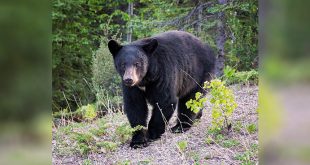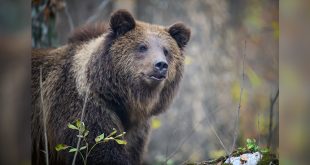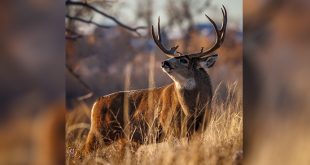
Earlier this month, WDFW announced that CWD had been detected in a deer in Washington
state for the first time. The whitetail doe was found dead just north of Spokane Washington
near the Idaho border. Washington state officials have been testing proactively since 2021 in
this area for CWD.
CWD is a transmissible spongiform encephalopathy (TSE) that infects members of the Cervidae
‘deer’ family and is fatal in infected deer. TSEs are caused by malformed proteins called prions.
There is currently no cure for CWD, and it can only be confirmed through testing of lymph nodes
or brain tissue. The lymph nodes of the deer that tested positive were submitted to the
Washington Animal Disease Laboratory at Washington State University in July with a batch of
other samples for testing.
There is concern that CWD could spread to other deer, elk and moose. The location of this
confirmed case is in the same region as the majority of moose in Washington. WDFW will
increase the tissue samples in this area from these species to try and understand the
distribution and potential spread of the CWD in the state. It is likely that there will be additional
regulations around carcass transportation and testing requirements going forward.
To date there are no confirmed cases of CWD transmission from wildlife to domestic animals or
from cervids to other wild ungulate species. There is also no scientific evidence of CWD being
transmitted from cervids to humans. Research conducted in 2022 and 2023 by National
Institutes of Health (NIH) scientists supports this. According to the NIH website “A new study of
prion diseases, using a human cerebral organoid model, suggests there is a substantial species
barrier preventing transmission of chronic wasting disease (CWD) from cervids—deer, elk and
moose—to people.”
As more information is shared on this we will provide updates to our readers.
 Eastmans' Official Blog | Mule Deer, Antelope, Elk Hunting and Bowhunting Magazine | Eastmans' Hunting Journals
Eastmans' Official Blog | Mule Deer, Antelope, Elk Hunting and Bowhunting Magazine | Eastmans' Hunting Journals




